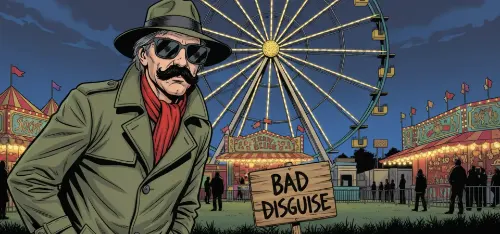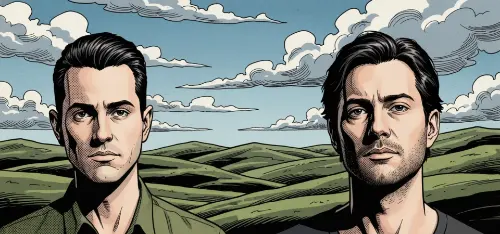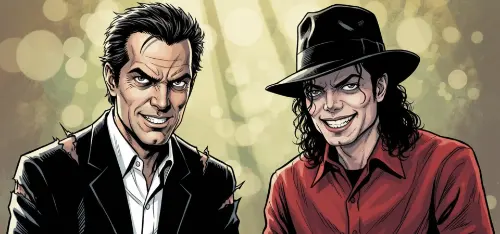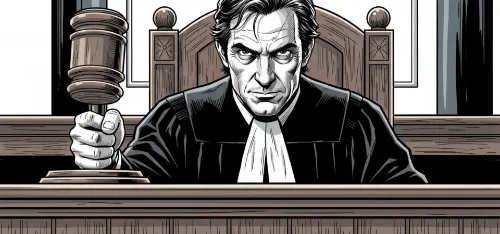The Psychology Behind Wade Robson’s Defence of Michael Jackson

Mar 15, 2019
In a heartfelt and emotional interview on the Victoria Derbyshire show, Wade Robson and James Safechuck bravely recounted the painful details of the sexual abuse they say they endured as children at the hands of Michael Jackson. Their candid testimony shed light not only on the abuse itself, but also on the powerful psychological control Jackson exercised over them—control that shaped their lives for decades.
Wade, once one of Jackson’s most vocal defenders during the pop star’s 2005 criminal trial, has since faced intense public backlash. Many of Jackson’s fans have branded him a liar and accused him of perjury over his earlier denials of abuse. In this interview, however, Wade explained why he had lied in the past. He spoke openly about the emotional manipulation, fear, and deep confusion he experienced as a child—factors that made telling the truth at the time feel almost impossible.
He described in detail how Jackson groomed him from a young age: teaching him to lie, convincing him their relationship was special and secret, and warning that terrible consequences would follow if anyone ever found out. Wade recalled feeling as though he alone had Jackson’s trust and affection, which made the experience even more isolating.
More disturbingly, Jackson reportedly coached Wade on what to say if questioned by police, rehearsing their false statements together in advance. This level of manipulation left Wade, even in adulthood, struggling to process what had happened to him.
As he grew older, Wade’s fear of speaking out did not fade—it became more complex. He described feeling trapped and guilty, as though he had been a willing participant in something he now recognised as deeply wrong. This inner conflict intensified when he became engaged. Wade admitted that part of his decision to confront his past stemmed from a desire to protect his future wife from the truth he had kept hidden for so long.
Looking back, it is clear that Wade was caught in a painful and complicated situation. His past defence of Jackson—whether in court or in public—was not simply a lie, but the product of years of manipulation, fear, and shame. In his own words, speaking out was terrifying, but remaining silent had become impossible.
James Safechuck, who described similar experiences of abuse, also spoke during the interview. Together, their accounts illustrated the psychological grip Jackson held over them, and how that influence can persist well into adulthood.
Ron Zonen, a seasoned prosecutor from the 2005 case with extensive experience in child abuse trials, expressed sympathy for Wade and James. He noted that it is not uncommon for survivors of child sexual abuse to remain silent for years, often due to confusion, fear, and emotional trauma. He stressed that delayed disclosure does not make allegations any less serious or credible.
To help explain why some victims may defend their abusers long after the abuse has ended, experts refer to the “offender–victim bond.” As explored in works such as Child Molesters: A Behavioural Analysis, this term describes the complex emotional connection that can develop between a child and their abuser—particularly when grooming and manipulation are involved. It helps to explain why victims may feel loyalty, guilt, or even love towards someone who has harmed them.
For those wishing to hear Wade and James speak in their own words, the full 24‑minute interview is available on the BBC’s website.





